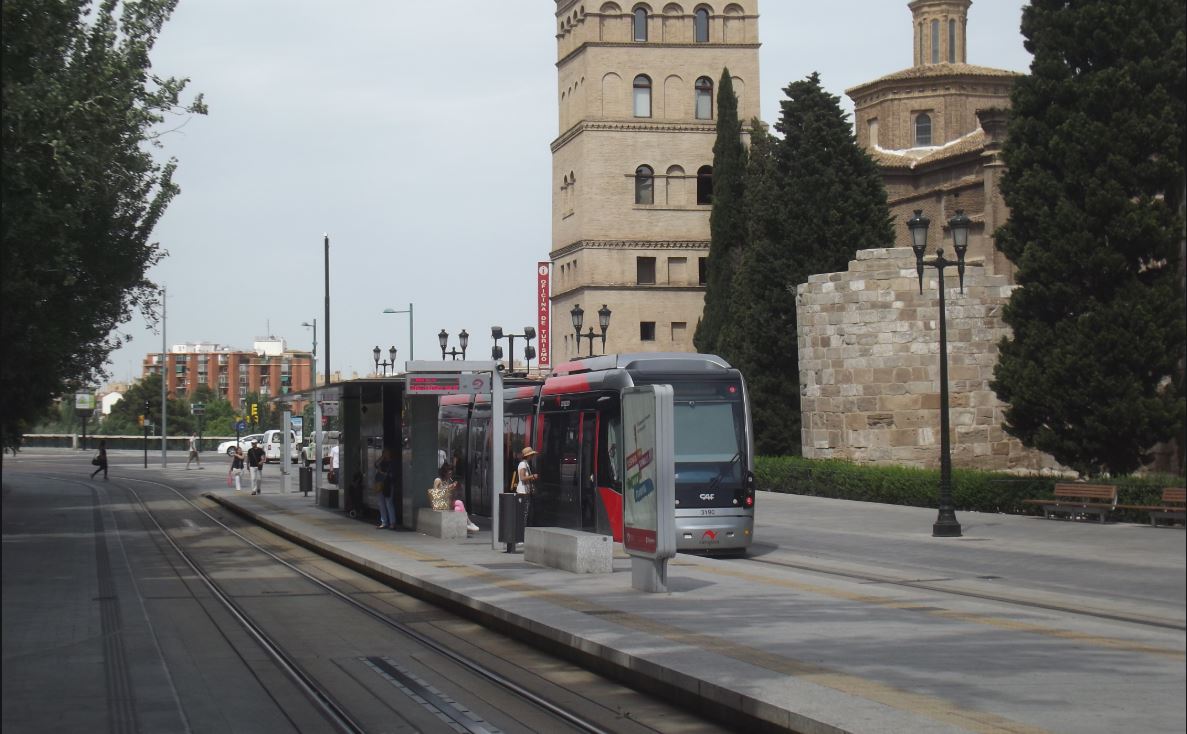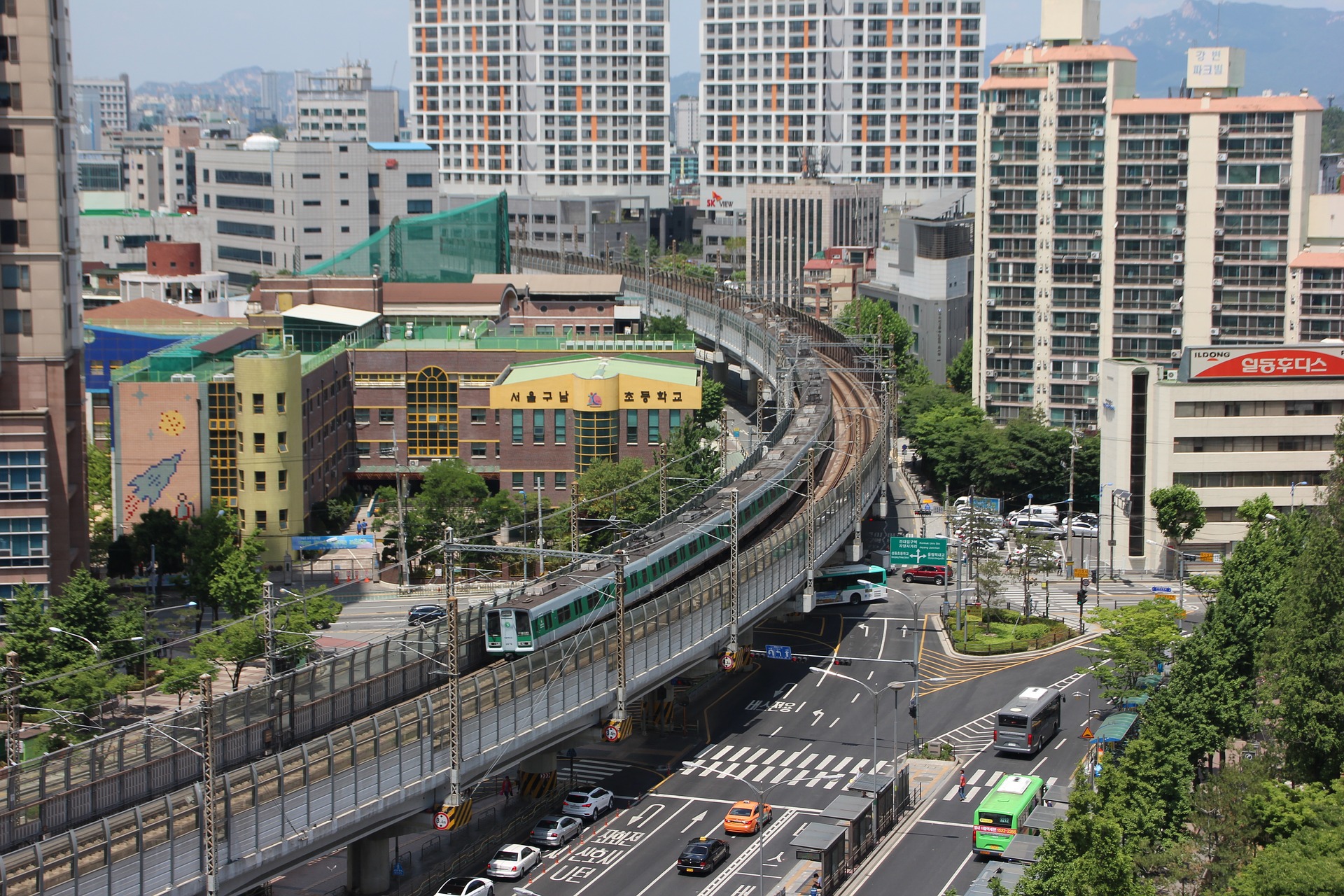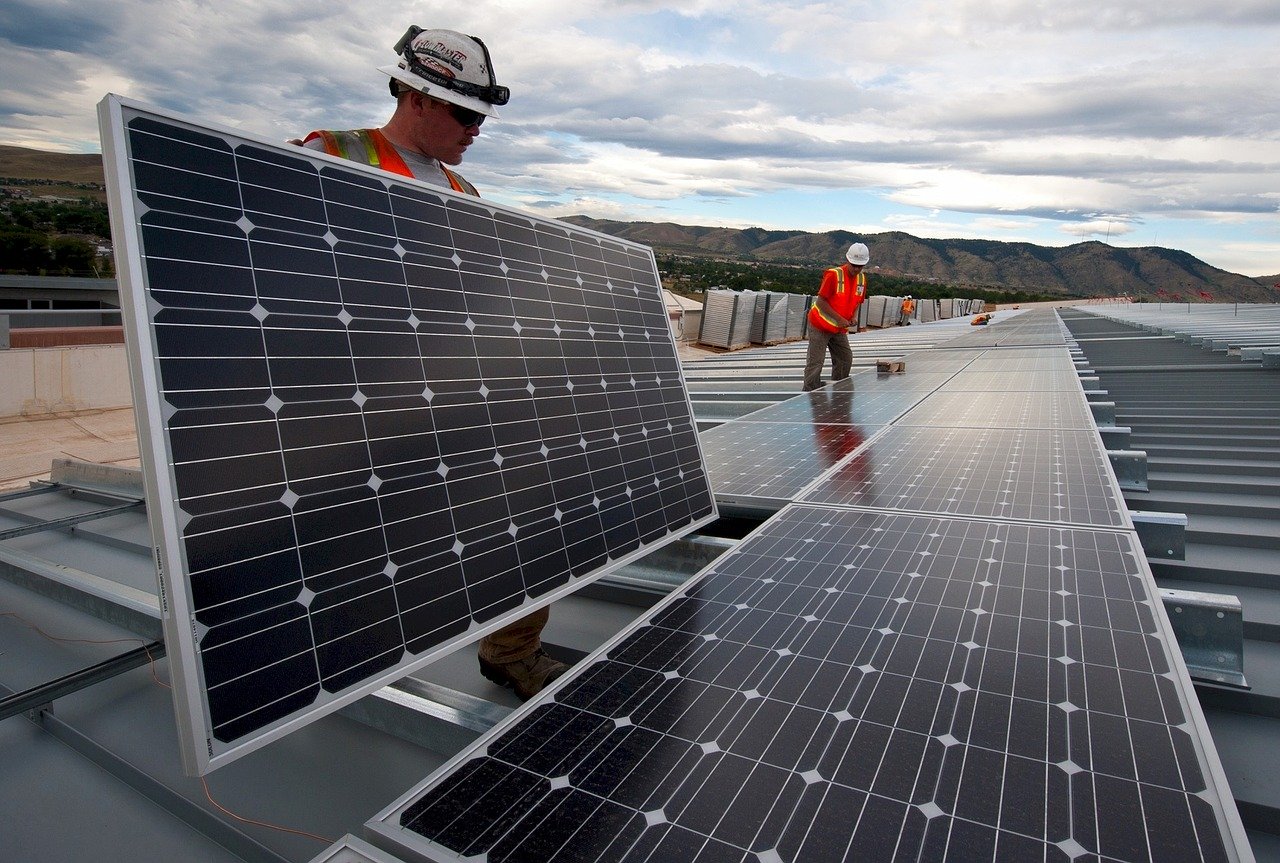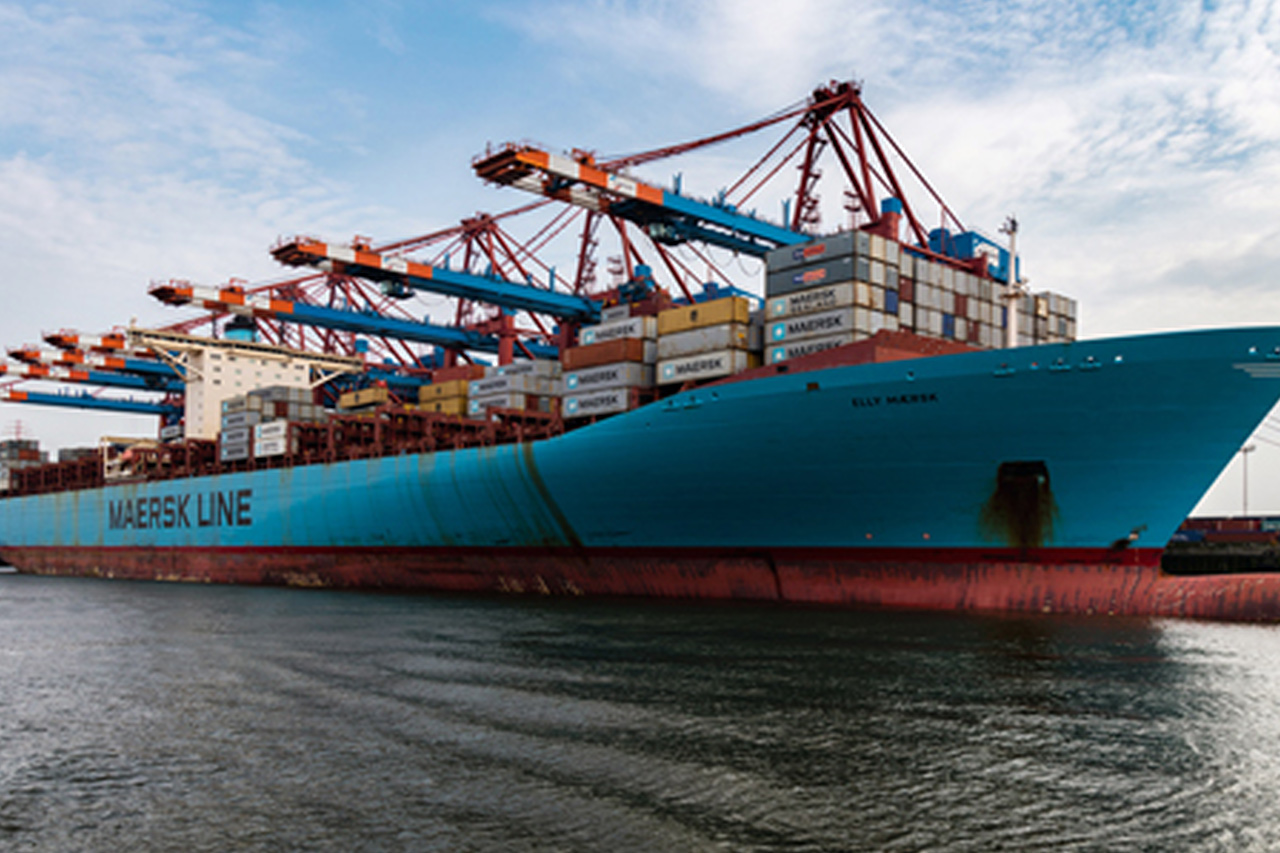Case studies
Filter by
85 results found
Uganda is targeting a 22% emissions reduction from a business-as-usual scenario by 2030.
Case studies
Uganda is targeting a 22% emissions reduction from a business-as-usual scenario by 2030. A run-of-river hydropower station project lowered energy costs and reduced greenhouse gas emissions.
Read time: 2 minutes
Published
20 Sep 2021
Read more


Case studies
As part of a larger USD 63B1 infrastructure investment, the New South Wales (NSW) government sought to develop a light rail network
Read time: 2 minutes
Published
11 May 2020
Read more


Case studies
Using development rights to acquire land for infrastructure projects in Deep Dives dense urban areas
The municipality of Porto Alegre, the capital and largest city in the southern Brazilian state of Rio Grande do Sul, was planning to build a new transit artery connecting 20 neighborhoods across the city, including dedicated lanes for the Bus Rapid Transit (BRT) service
Read time: 2 minutes
Published
01 Jan 2014
Read more


The PPP procurement model ensured that tenders are offered at the individual project level
Case studies
In the late 1990s, the National Health Service (NHS) was struggling with its numerous rundown health facilities. New buildings were needed, particularly where old facilities were obsolete, often in the poorest areas of the country
Read time: 2 minutes
Published
05 Nov 2020
Read more


Case studies
The Solomon Islands National Development Strategy 2016–2035 called for greater use of renewable energy generation in the medium term, to service both urban and rural demand. It also called for opening the market to independent power providers.
Read time: 3 minutes
Published
17 Nov 2021
Read more


Case studies
Tel Aviv is Israel’s second-most populous city and its main business, technological, and cultural center. Its population has grown at 2% per year; Israeli population growth is ten times the OECD average.
Read time: 3 minutes
Published
20 Sep 2021
Read more


Case studies
Cambrian Innovation developed the WEPA to enable food and beverage manufacturers across the United States to implement their solutions to remove wastewater costs, reduce environmental impact, and alleviate capped production at no upfront cost or operational risk.
Wineries in Nappa Valley, including Rombauer Vineyards, produced high-strength wastewater (diluted wine) through standard rinsing and cleaning processes putting pressure on traditional municipal treatment plants.
In 2018, Rombauer Vineyards was the first replaced existing ineffective treatment system with an EcoVolt Solution from Cambrian Innovation.
Read time: 2 minutes
Published
29 Oct 2021
Read more


Case studies
Most public infrastructure investments in the US are made by individual states rather than the federal government
Read time: 2 minutes
Published
09 Jan 2018
Read more


Case studies
Thailand's greenhouse gas emissions grew by c. 70 percent between 2000 and 2010, leading to environmental concerns
Read time: 2 minutes
Published
05 Jan 2014
Read more


Case studies
The Brazilian government sought to diversify its energy mix and planned to add c. 10GW of power from renewable sources to its national grid by 2018
Read time: 2 minutes
Published
08 Jun 2018
Read more


Case studies
IFC worked with Timor-Leste’s new PPP Unit to deliver a transparent tender process that attracted globally reputable port operators. The key bid variable was the Viability Gap Financing subsidy required by each bidder after a very strict technical pre-qualification
Read time: 3 minutes
Published
27 Apr 2022
Read more


The development of credit ratings for loans in emerging countries is critical for accessing capital markets
Case studies
The African Development Bank (AfDB) is mandated to drive social and economic development in Africa through multiple project types including infrastructure
Read time: 2 minutes
Published
05 Nov 2020
Read more


Case studies
Volta, a San-Francisco based EV charging company, partners with retailers, shopping malls, grocery chains, and others to place Volta’s chargers in prime parking spots in front of their businesses.
The charging stations will also come with two billboard-sized screens for displaying advertising.
An initial 15 minutes of charging is free to customers.
California State Government supports the deployment of zero-emissions vehicles and fill gaps in the state’s EV infrastructure.
Read time: 3 minutes
Published
29 Oct 2021
Read more


Case studies
The Belgian government sought to improve mobility around its port district by relieving congestion that delayed tourists and freight
Read time: 2 minutes
Published
28 Mar 2014
Read more


Between 20 and 40 percent of the annual correctional population is homeless and has an arrest record for nonviolent nuisance crimes
Case studies
The budget for federal rental assistance has long been insufficient and regularly reduced or threatened with complete removal across different political cycles
Read time: 2 minutes
Published
05 Nov 2020
Read more


Colombia’s 4G infrastructure program calls for increased public-private partnerships.
Case studies
It is estimated that Columbia requires USD139 billion invested into its road system to meet infrastructure needs by 2035.
Read time: 2 minutes
Published
20 Sep 2021
Read more


Case studies
The 300MV Victorian Big Battery is currently to be Australia’s largest lithium-ion battery which assists in providing critical grid support services, reducing wholesale power costs for consumers and assisting in the transition to renewable energy in Victoria, Australia.
It utilises the System Integrity Protection Scheme (SIPS) which increases import capacity to Victoria by up to 250 MW, reducing the likelihood of unserved energy (USE) from high impact, low probability (HILP) events during summer periods.
Read time: 3 minutes
Published
02 Nov 2021
Read more


Case studies
Despite abundant surface freshwater, only 84% of Brazil’s people have access to potable water, and only 50% have access to sewerage. Insufficient public funds and limited use of private capital have resulted in limited progress in improving access to water and sanitation. The Corsan Water Supply, Efficiency, and Resilience Project is leveraging private financing to address losses in water distribution and mitigate climate change risks.
Read time: 3 minutes
Published
05 Oct 2021
Read more

















